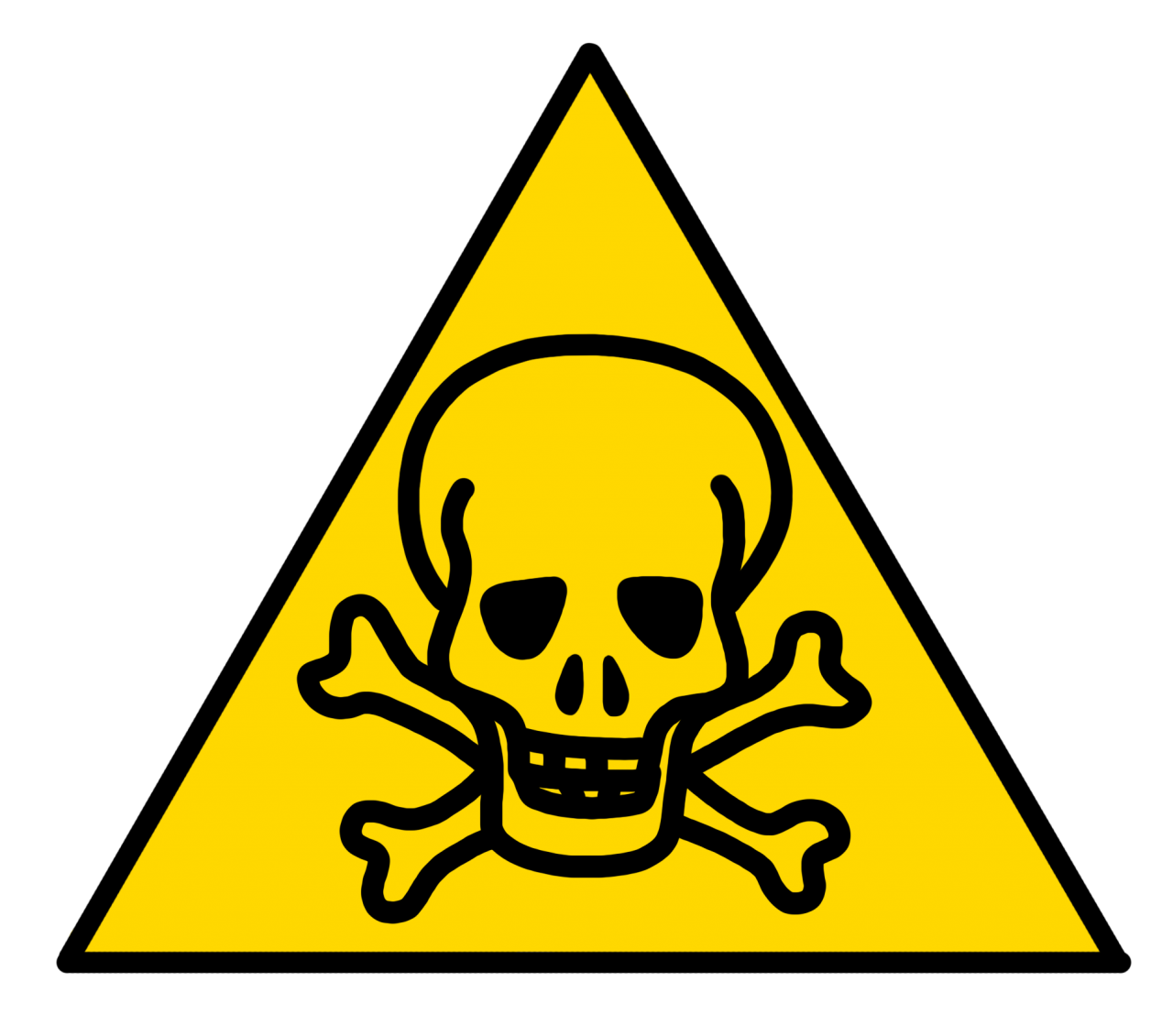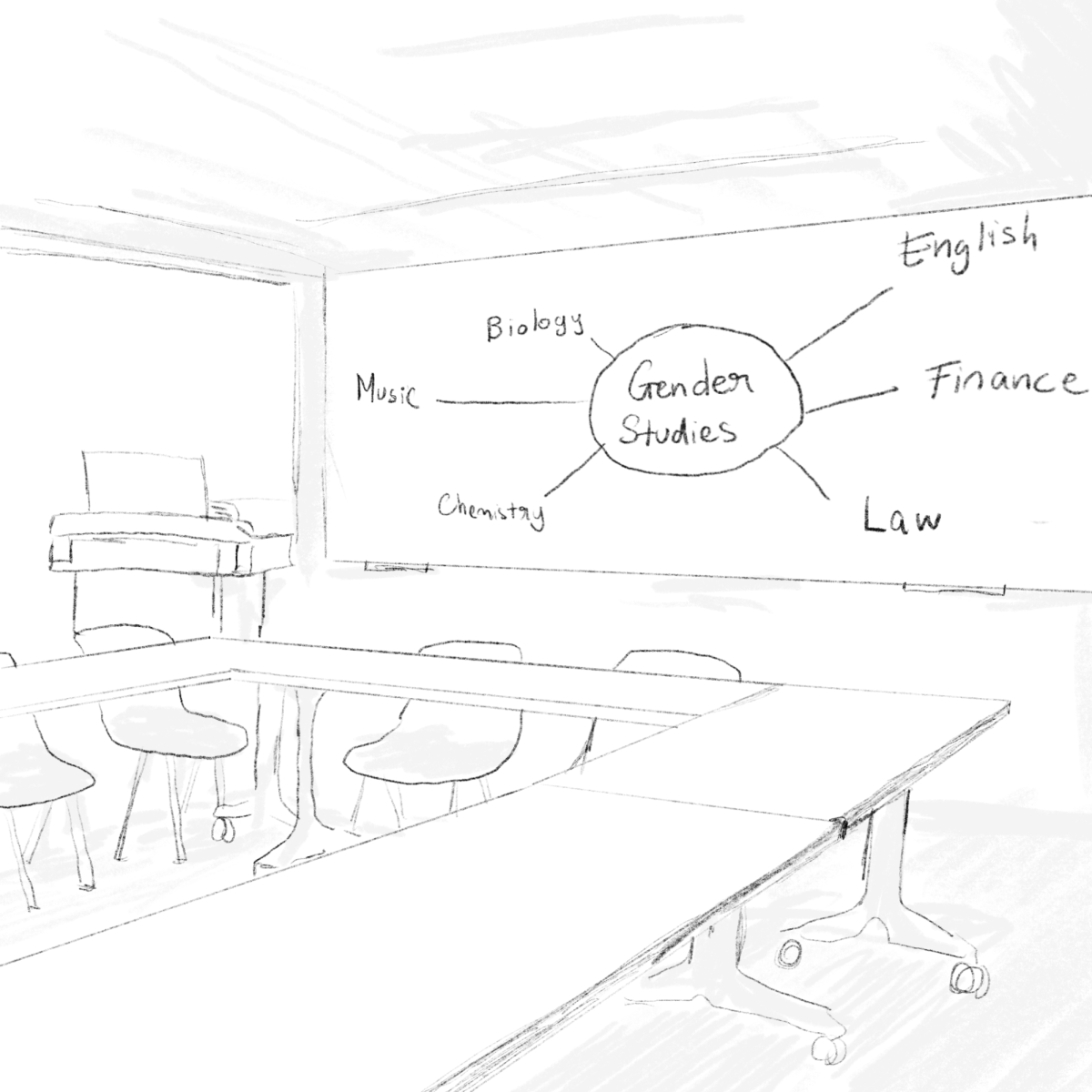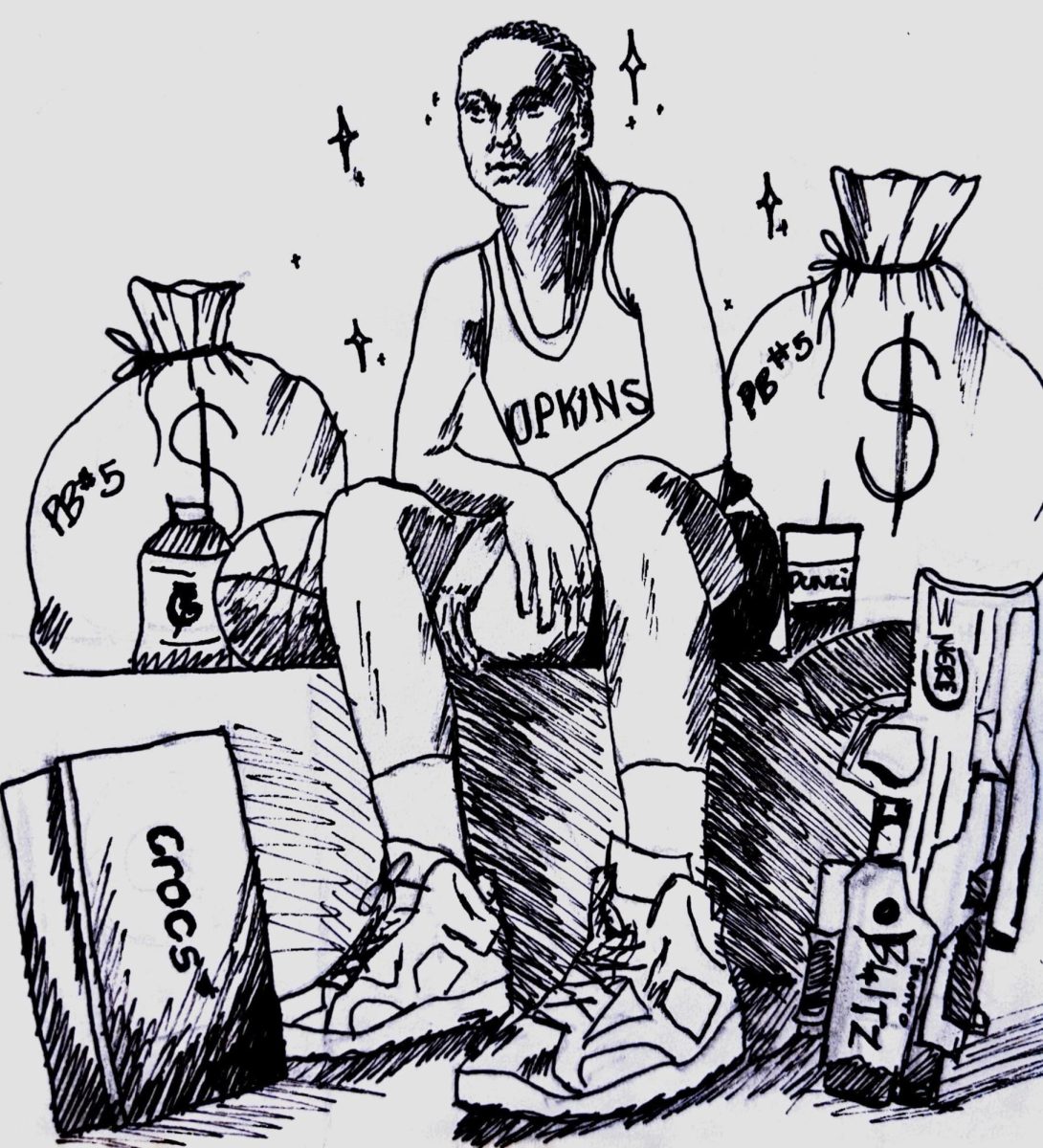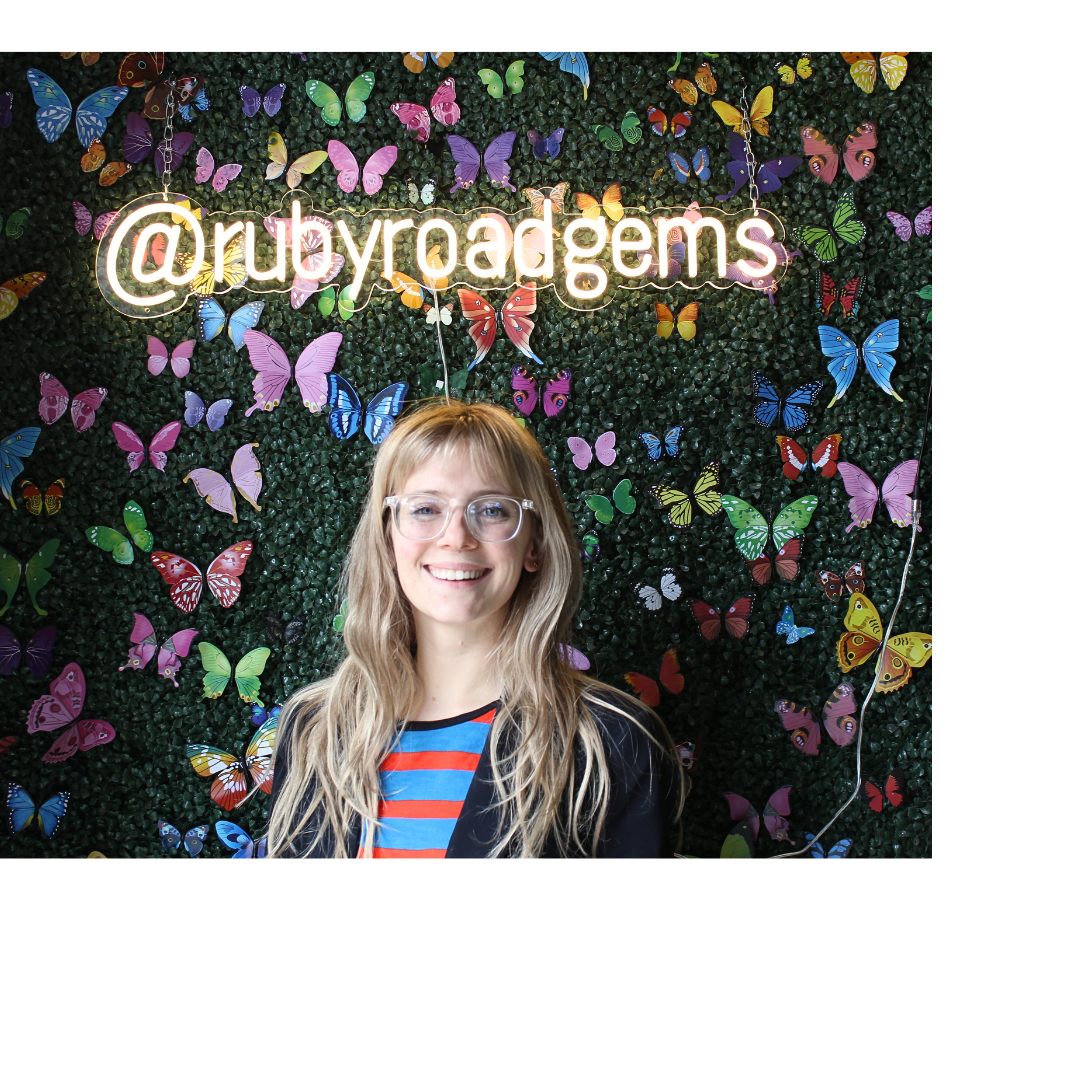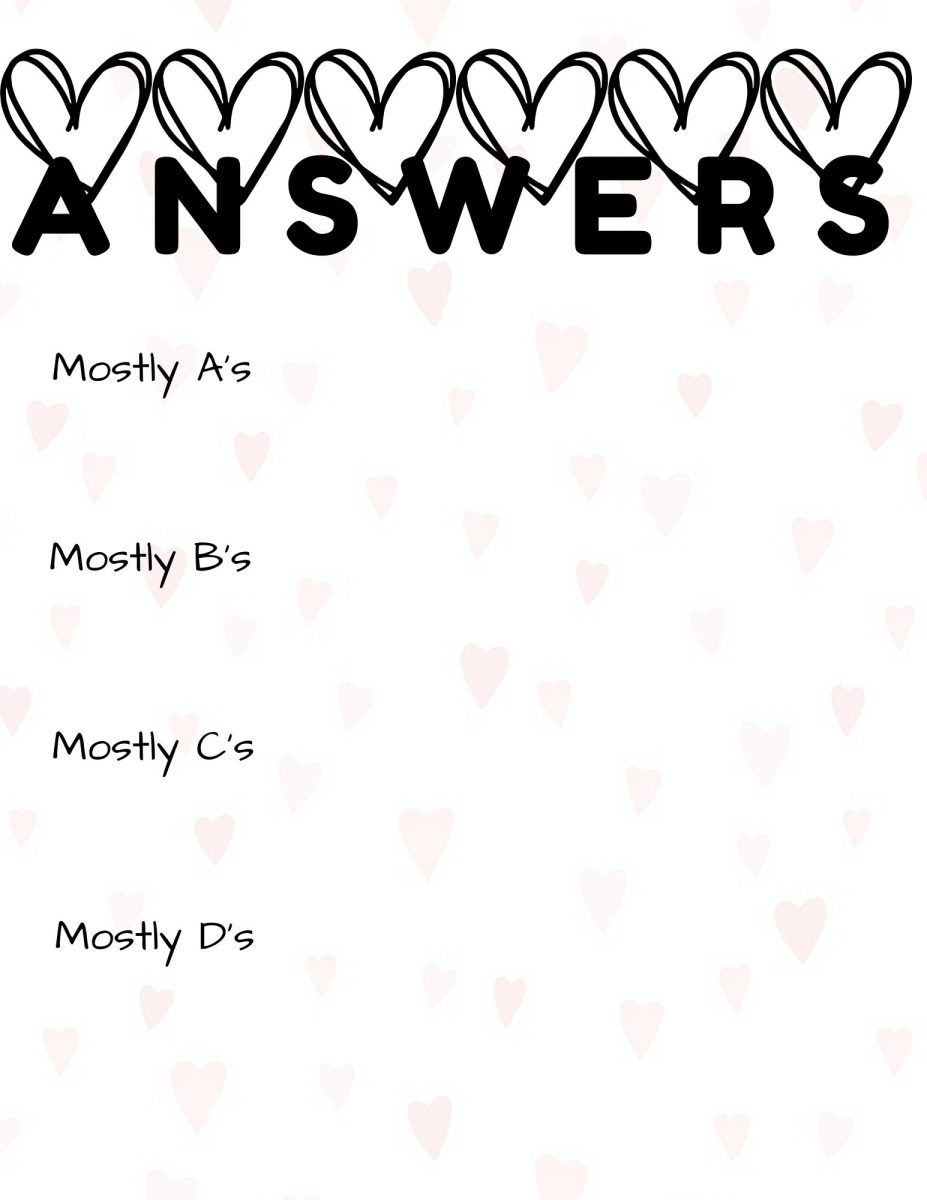Illustration by Andrea Nebhut
Every relationship in our lives has its ups and downs. Friends and lovers come and go, and nobody’s relationship with their family is 100 percent positive. That being said, if we gave up in every relationship when things hit a rough patch, one day we’d find ourselves with no one left.
It’s easy, especially now with the concept of self-care as well as the traits of healthy relationships being more openly discussed on social media, to fall into the trap of wanting to “drop” every single person that upsets us or does us wrong. While there are occasions when it is valid to completely ghost someone, this can also be a premature misjudgment that results in regret. It is important for your mental health to remove the toxic people from your life. However, it is equally important to be sure that it truly is toxicity that you are experiencing and not something that can be addressed and fixed.
Sometimes, it’s necessary to step back and assess your relationships with others before you choose a course of action. The following signs are just a few of the common signs that your friend — or possibly you — are becoming toxic.
1. Communication feels forced. There’s a difference between the two of you being busy and a lack of effort. Pay attention to whether you’re always the one initiating plans or sending the first text.
2. Your relationship is plagued with jealousy and competition. If you feel inferior to your friend, like you have to prove yourself, or if your friend gets upset anytime you spend time with someone else, it’s time to reevaluate your relationship. A good friend will understand that you are not theirs to control.
3. There is more stress than support. If you feel unwanted or overwhelmed because of your friendship, then they’re not being a real friend. Friends are meant to provide a source of support and a person to relax with, not to be an added stressor to your already-busy life as a student.
4. You’re the punchline of every joke. There is a difference between casual sarcasm between friends and bullying. If you’re walking away from every interaction feeling drained and worse about yourself, then you’re in a toxic friendship.
What is perhaps the hardest part about reflecting upon your relationships is admitting that they may be toxic. But just because there are toxic characteristics doesn’t mean that your relationship is unsalvageable. If your relationship has a trait or two listed but is otherwise healthy and fulfilling, it’s worth it to try and resolve the issues. However, if you are the only one trying to make things better, you’re probably better off finding new, more supportive friends.
It’s no fun being stuck in a relationship that feels like it’s going in circles. When you sense a friendship that was once strong and meaningful dwindle away, it can be painful. Sometimes it feels out-of-the-blue, and sometimes it’s expected — either way, it hurts for both parties. When you forget why you became friends in the first place, that normally means it’s time to let go. Rather than clinging onto the relationship, set yourself free. It can hurt, but letting go of a toxic friendship and giving yourself the space to create new, healthier ones is life-changing.

